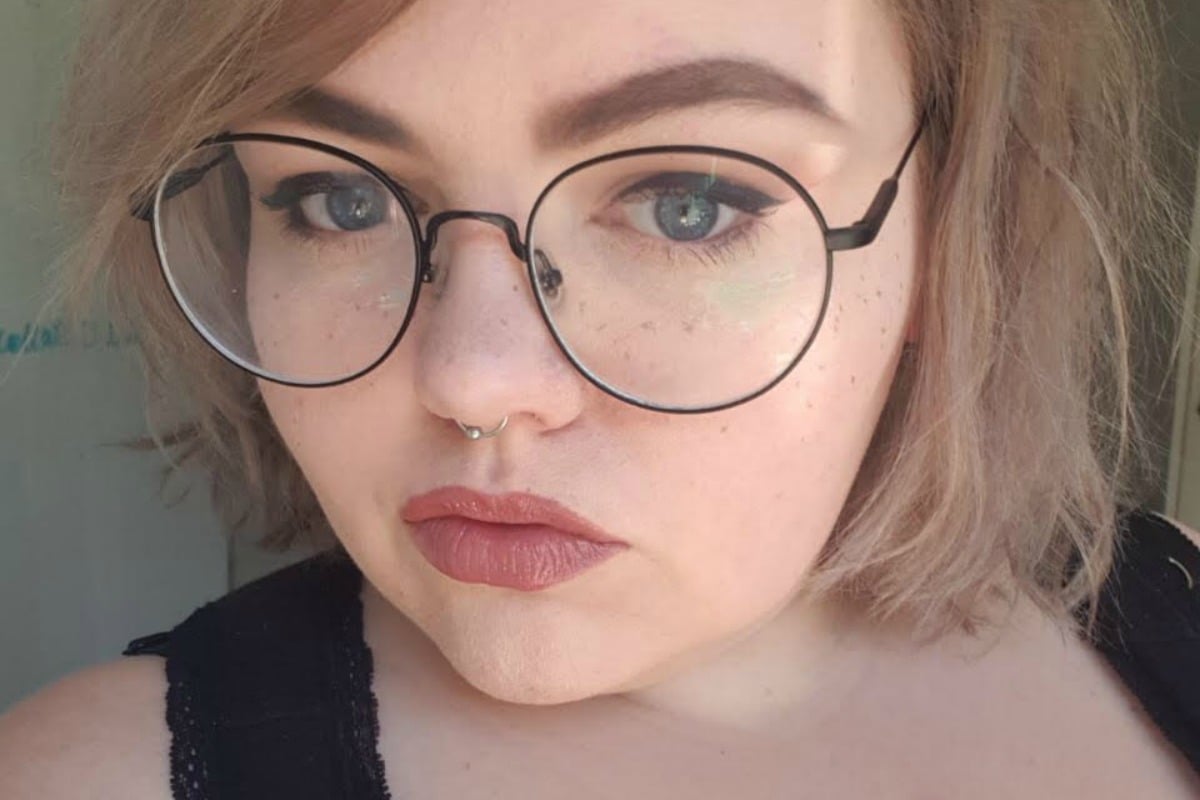
Sometimes we end up with people in our lives in much the same way we end up with tupperware containers. You’re not sure how you picked them up, they smell a bit funny, and they certainly don’t “spark joy” for you in the way they must spark joy for someone else who would appreciate them more.
My latest Netflix binge was on Marie Kondo’s new Netflix series “Tidying up with Marie Kondo”. Created by the author of “The Life Changing Magic of Tidying Up”, Marie Kondo helps families across America with tidying up their homes and getting unstuck in the process. She suggests that we spend time with each of our possessions, and if they don’t “spark joy” for us, we take a moment to thank that item for being a part of our lives and say goodbye.
I feel like this method helps to shortcut a lot of the complicated feelings we have about clearing items away, so we can make our lives more joyful. Instead of guilt about throwing things by the wayside, we have genuine gratitude for the path that has led us to this moment, while opening ourselves to what the future may bring when we’re not treating our mementos like lodestones.
It got me thinking about some of the other areas of our lives that would benefit from applying the KonMari method.
The one I couldn’t ignore, was people.
The people we surround ourselves with should be examined every so often. Much in the same way we check on the overall health of our romantic relationships or talk to our bosses about how we feel about our working environment, we ought to check in with ourselves to ask some questions to appreciate our friends and identify tiny issues before they grow bigger.

Top Comments
Best article I've read on MamaMia - being kind to yourself does not have to come at the cost of hurting others. This is a respectful and kind way to let go of people and a great help in coming to the decision to do so as well. Well done.
People are not objects! Be kind.